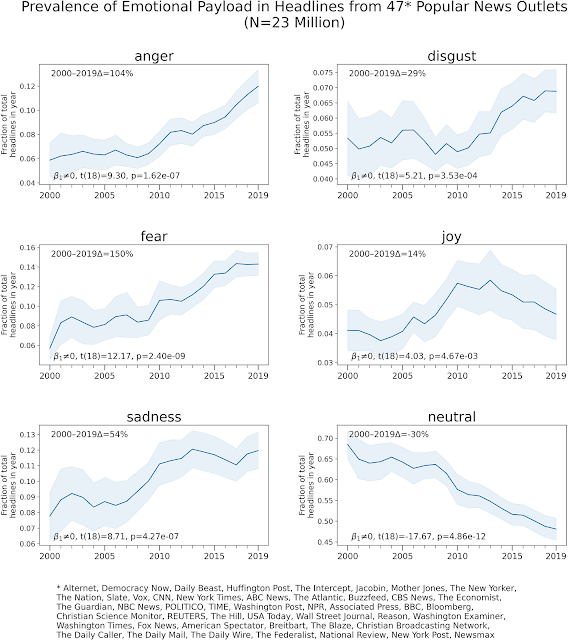Rent-Seeking and Innovation
Interesting paragraphs about innovation and rent-seeking from “Why is rent-seeking so costly to growth?” paper (by K. Murphy, A. Shleifer and R. W. Vishny). This is a famous and important paper about the issue.
II. Rent-Seeking and Innovation
In Section I, rent-seeking reduced output in the economy. However, economic growth often depends critically on investment and innovation. This raises the obvious question: is rent-seeking likely to attack the innovation sector or the production sector more severely? That is, is rent-seeking particularly bad for growth?
To address this question, it is useful to distinguish between private and public rent-seeking. Private rent-seeking takes the form of theft, piracy, litigation, and other forms of transfer between private parties. Public rent-seeking is either redistribution from the private sector to the state, such as taxation, or alternatively from the private sector to the government bureaucrats who affect the fortunes of the private sector. The latter kind of public rent-seeking takes the form of lobbying, corruption, and so on. Private rent-seeking, such as that described in our model, attacks the productive, rather than the innovative, sector of the economy. Private rent-seekers go after existing stocks of wealth, such as land, output, capital, and so on. Bandits steal crops, lawyers sue deep-pocket corporations, and armies invade rich countries. In contrast, public rent-seeking attacks innovation, since innovators need government-supplied goods, such as permits, licenses, import quotas, and so on, much more so than established producers. To start a new firm, an innovator must get business, building, water, and fire permits, tax documents, import licenses if he needs new machinery, and often dozens of other documents (De Soto,1989). Innovators’ demand for these government-produced goods is high and inelastic, and hence they become primary targets of corruption. In contrast, established producers usually do not need as many government goods, since they have bought them already.
Of course, the government can also try to blackmail the established producers into getting some new licenses and permits. If the government makes no commitments, established and potential producers are in the same boat. Even so, more likely than not, new producers are more vulnerable to public rent-seeking.
First, innovators have no established lobbies and are not part of the government "elite." Whereas the established producers are often part of the government, innovators are outsiders and hence are subject to particularly heavy bribes and expropriations. This problem becomes even worse when the interests of new and established producers are opposed, in which case the government may even stop innovators altogether. Second, unlike the established producers, innovators are often credit-constrained and cannot as easily find the cash to pay bribes. Human capital is poor collateral. (This also explains why they are less vulnerable to private rent-seeking.) When innovators do not have their own cash to pay bribes and cannot raise the funds to do so for lack of collateral, they can be completely deterred by public rent-seeking from entering and innovating. Third, innovative projects are typically long-term and involve slow accumulation of capital. This provides rent-seekers plenty of opportunities for future expropriation. In fact, in developing countries with weak protection of property rights, capital is often used in trade, rather than being committed to long-term investments, to avoid expropriation. Fourth, innovative projects are typically risky, which makes them particularly vulnerable to rent-seeking. For if a project succeeds, the returns are expropriated, whereas if it fails, the innovator bears the cost. Such ex post rent-seeking raises the risk of innovation. These problems can be mitigated if the rulers or the bureaucrats can take an equity stake in innovative activities, so that they can effectively accept a bribe without demanding cash, turn innovators into insiders, reduce their own incentives for subsequent expropriation, and bear some of the risk. In some countries, bureaucrats and even political leaders do exactly that, which presumably allows for some innovation. If the politicians had a long horizon, and could collect bribes efficiently, they would always back the innovator over the established producer if innovation increases the wealth in the economy. On the other hand, if innovators destroy more profits than they create (perhaps because they increase consumers' surplus), and if the bureaucrats cannot collect the bribes from consumers' surplus, they might side with established monopolies and stop innovation.
These arguments suggest that public rent-seeking can put a severe tax on innovative activities and thereby move resources into established production or the public rent-seeking sector. The result would be a sharp reduction in economic growth.


Comments